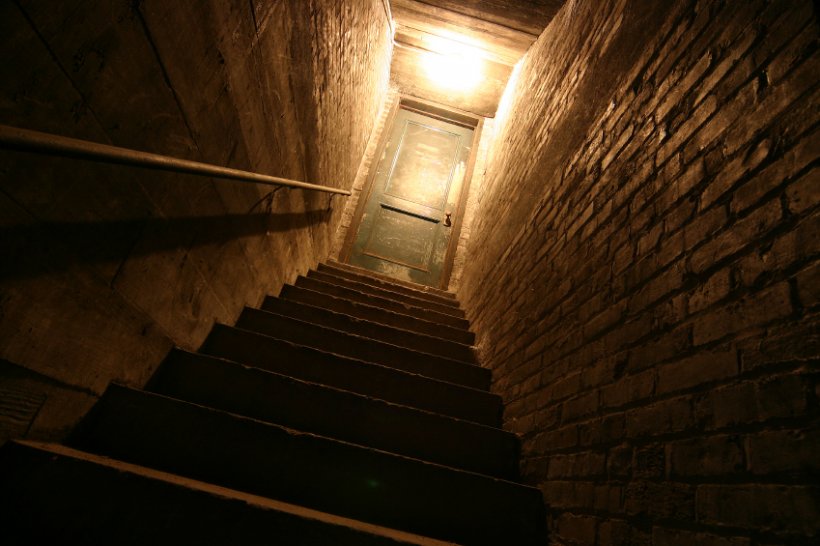Basements, often associated with storage, utilities, and extra living space, have earned a reputation for being eerie and even frightening. The reasons behind the perception of basements as scary are deeply rooted in psychology and cultural influences. In this article, we’ll delve into the psychological aspects that contribute to the fear associated with basements.
Lack of Natural Light:
One of the primary reasons basements can perceived as scary is the absence of natural light. Most basements have small or no windows, creating a dim and often shadowy environment. The human psyche is naturally inclined to fear the unknown, and the lack of visibility in basements enhances this feeling of uncertainty and unease.
Association with the Unknown:
Basements typically separated from the main living areas of a home and used for storage or as utility spaces. Due to their infrequent use and separation from daily activities, basements become associated with the unknown. This association can trigger feelings of fear and anxiety, as the basement perceived as a space where unexpected and mysterious events could occur.
Enclosed Spaces and Claustrophobia:
The enclosed nature of basements, often characterized by low ceilings and confined spaces, can evoke feelings of claustrophobia. Those who experience a fear of confined spaces may find the basement unsettling, as it represents a confined and enclosed environment that triggers discomfort and anxiety.
Cultural Representations:
Cultural depictions of basements in literature, movies, and television often portray them as dark, foreboding spaces associated with mystery, danger, and supernatural occurrences. These portrayals contribute to the collective cultural perception of basements as scary places, influencing how individuals view these spaces in real life.
Historical Associations:
Throughout history, basements were often associated with storage of food, shelter during storms, or even hiding places. While these historical uses were practical and essential, they also contributed to the perception that basements hold secrets or harbor hidden dangers, tapping into primal fears of the unknown.
Sound Amplification and Echoes:
Basements can amplify sounds and create echoes, making even mundane noises seem more mysterious and unsettling. Footsteps, creaks, or distant sounds from household appliances can take on an eerie quality, heightening the sense of unease in the basement environment.
Maintenance Neglect:
Due to their utilitarian nature, basements are often neglected in terms of regular maintenance and upkeep. The presence of dust, cobwebs, and aging infrastructure can add to the overall spooky atmosphere. Neglected spaces may give the impression of abandonment, contributing to the fear associated with basements.
Potential for Isolation:
Basements often tucked away from the main living areas, and their entrances may located in less frequented parts of the house. This physical separation can contribute to a sense of isolation, making the basement feel like an isolated and potentially dangerous space.
Association with Horror Tropes:
Horror stories and urban legends often feature basements as settings for frightening events. These stories may involve paranormal occurrences, hidden dangers, or malevolent entities residing in the basement. The prevalence of such horror tropes further reinforces the perception of basements as inherently scary places.
Personal Experiences:
Personal experiences and anecdotes can play a significant role in shaping an individual’s perception of basements. If someone has had a frightening or unsettling experience in a basement, it can create a lasting association between basements and fear.
Conclusion:
The fear associated with basements is a complex interplay of psychological, cultural, and personal factors. Understanding the roots of this fear can help individuals confront and manage their anxieties related to basements. Whether through strategic lighting, reimagining the space, or acknowledging and challenging cultural influences. It’s possible to transform basements from scary spaces into functional and welcoming areas within a home.

